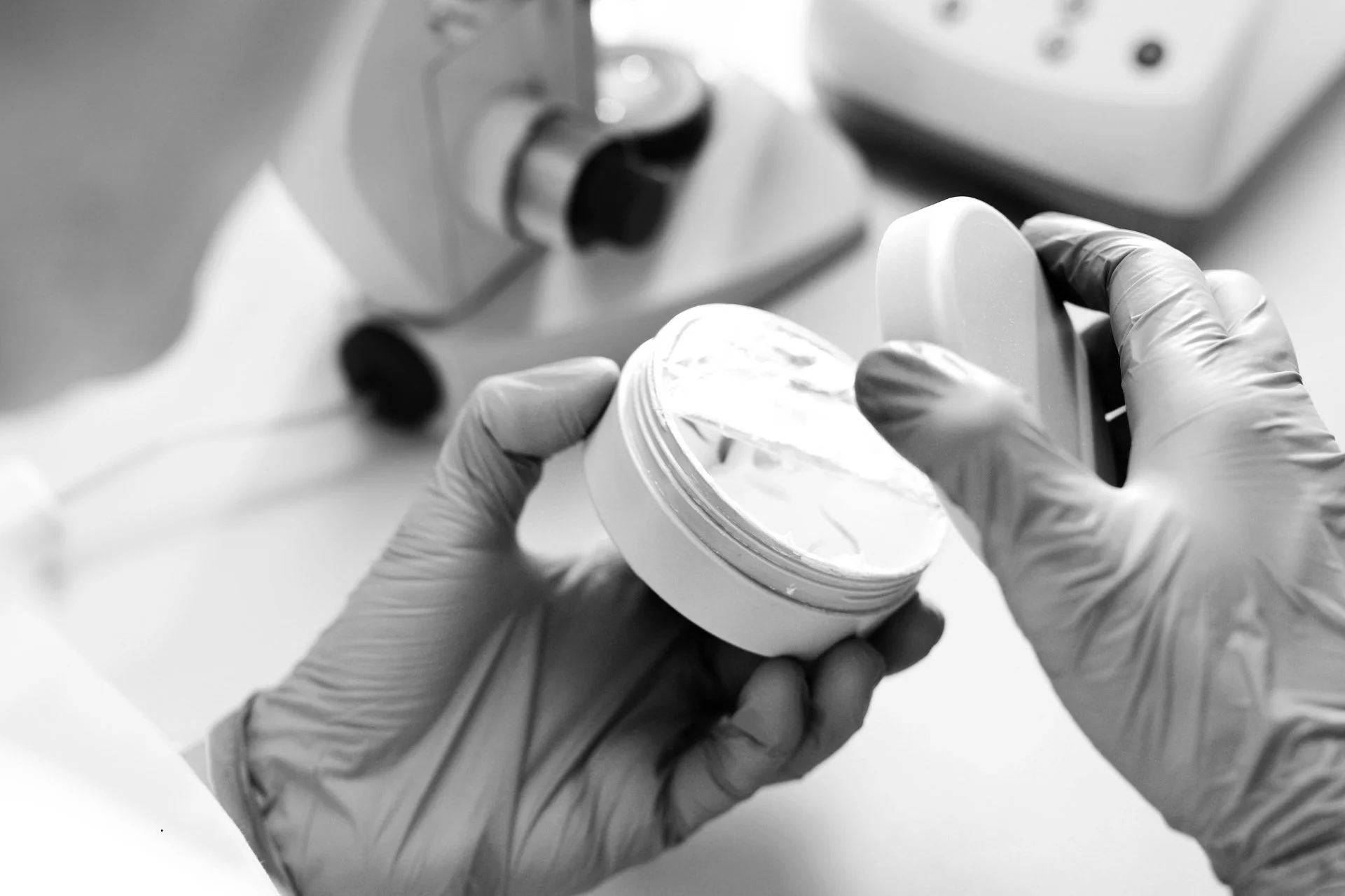In Mexico, the safety and quality of cosmetic products are regulated by strict standards. Laboratory tests are essential to ensure that cosmetics meet established standards and protect consumer health. This article details the essential tests required, based on Mexican regulations.
The purpose of this article is to provide a clear and concise guide on the necessary tests to market cosmetic products in Mexico, ensuring regulatory compliance and consumer protection.
The core regulatory framework for cosmetic testing in Mexico, established by the General Health Law and the Sanitary Control of Products and Services Regulations, specifies the mandatory requirements for cosmetic products sold within the country.
Prohibition of Animal Testing
It is crucial to highlight that the General Health Law in Mexico explicitly prohibits conducting animal testing for cosmetic products. This provision reflects an ethical and modern commitment to animal welfare, promoting the use of alternative testing methods that are safe and effective.
Types of Tests
Physicochemical Tests:
They evaluate the physical and chemical properties of the product, such as pH, viscosity, density, and stability.
They ensure that the product maintains its characteristics and is compatible with the skin.
Microbiological Tests for skin and eyes products.
They verify the presence and quantity of microorganisms, such as bacteria and fungi.
They guarantee that the product is free of pathogens harmful to health.
Examples of Microbiological Tests:
Total Aerobic Microbial Count (TAMC): Determines the total number of viable aerobic bacteria in a cosmetic product.
Total Yeast and Mold Count (TYMC): Determines the total number of viable yeasts and molds in a cosmetic product.
Tests for specific pathogens: Identifies the presence of specific harmful microorganisms, such as: Pseudomonas spp, Staphylococcus spp, Escherichia coli.
Toxicological Tests:
Skin irritation:
Purpose: Evaluate the product's potential to cause skin irritation.
Alternative Methods: In vitro models of reconstructed human skin, tests with human volunteers (under ethical supervision).
Skin Sensitization (Allergy):
Purpose: Identify ingredients that may cause allergic skin reactions.
Alternative Methods: In vitro models of reconstructed human skin.
Eye Irritation:
Purpose: Evaluate the product's potential to cause eye irritation.
Alternative methods: in vitro models of reconstructed human cornea.
Efficacy Tests:
They verify the properties and benefits that the product claims to have, such as hydration, sun protection, wrinkle reduction, etc. These tests may vary depending on the type of product and the claims made about it.
It is important to consider that products for sensitive skin (hypoallergenic) or babies: These products require more rigorous irritation, sensitization, and ocular safety tests, given the greater delicacy of the skin in these groups.
Conclusion
Laboratory tests are fundamental pillars to guarantee the safety and quality of cosmetics in Mexico. Compliance with regulations, including the prohibition of animal testing, not only protects the consumer and animals, but also strengthens confidence in the cosmetic industry.
Written By:
Tania Ramírez
about ips
At IPS, we understand the importance of complying with regulations to ensure the safety and quality of cosmetic products. If you have any questions or need additional advice, do not hesitate to contact us info@insumosparasalud.com We are here to help you navigate the complex world of cosmetic regulations in Mexico.


